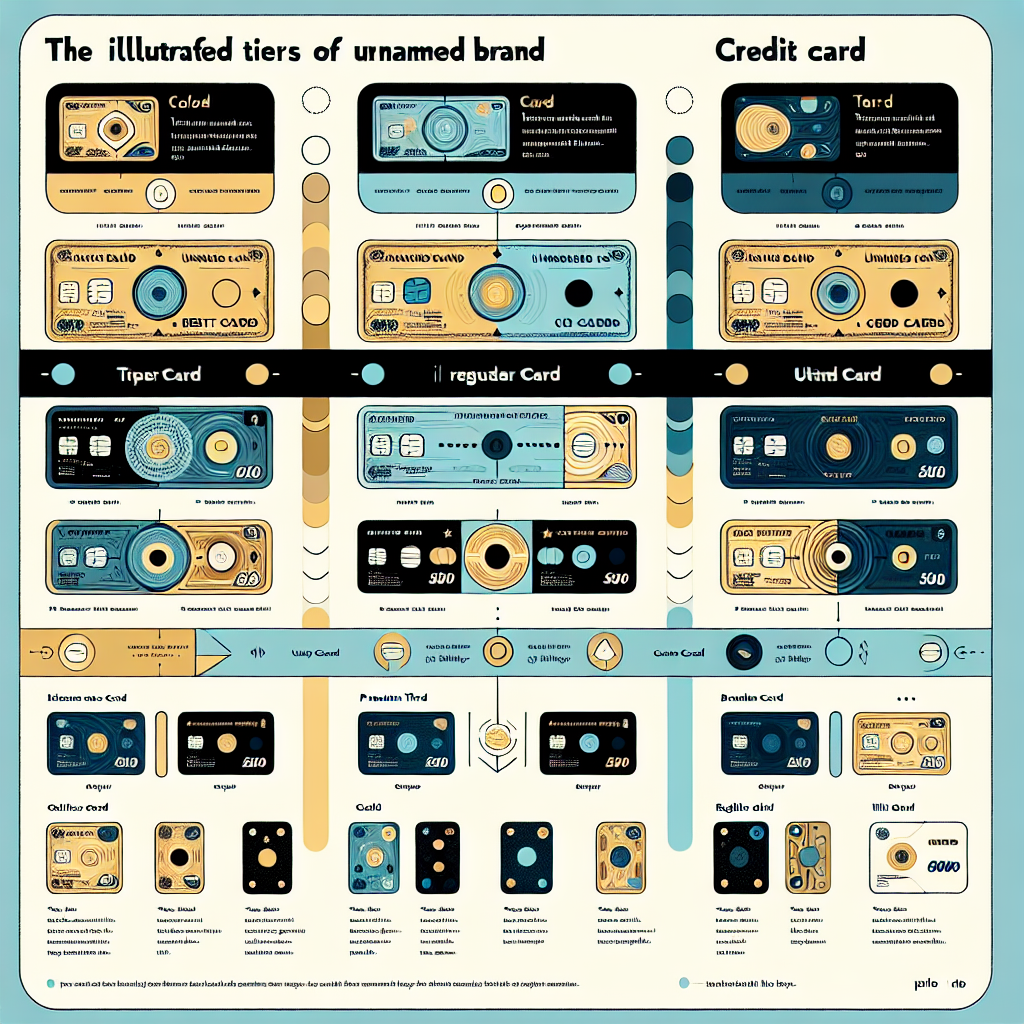Key Insights at a Glance
- Credit repair services promise to cleanse your credit report by eliminating inaccurate or damaging entries.
- While not all credit repair firms operate above board, many are trustworthy.
- Red flags of credit repair cons include demands for upfront fees and guarantees to erase truthful information.
Scams run rampant—from bogus job offers and fraudulent lottery winnings to impostors masquerading as bank officials or government agents. Spotting these traps requires vigilance and a keen eye for deception to shield yourself from swindlers.
The Reality Behind Legitimate Credit Repair Services
At their core, bona fide credit repair agencies assist clients by identifying and rectifying inaccuracies in their credit reports. These slip-ups are more frequent than you might expect: numerous consumers encounter errors in the reports generated by the three major credit bureaus—Equifax, Experian, and TransUnion. The process involves scrutinizing your credit files for discrepancies, such as accounts mistakenly attributed to you or outdated collection marks that should no longer appear. When flaws surface, these companies initiate disputes with credit agencies to seek corrections.
It’s crucial to understand that reputable credit repair firms wield no secret authority. The same remedies are accessible directly to consumers, who can request complimentary credit reports from each major bureau without any charge.
Credit Repair By The Numbers
According to recent data, approximately 20% of credit reports contain errors significant enough to affect consumers’ creditworthiness. Moreover, disputes filed with credit bureaus have a resolution rate of about 70%, highlighting the impact of diligent report reviews.
Common Pitfalls: How Credit Repair Scams Play Out
Fraudulent credit repair outfits exploit individuals eager to boost their credit scores, often leaving them financially worse off. Familiarizing yourself with typical scam tactics is a vital defense mechanism.
1. Upfront Fee Schemes
One prevalent trick involves baiting customers into coughing up money before any work happens. These scammers promise to scrub your credit, then vanish after collecting payment—frequently insisting on untraceable methods like gift cards, cryptocurrency, or wire transfers that evade refunds.
2. The ‘Credit Washing’ Hoax
This deceitful approach relies on fabricating identity theft claims to temporarily erase legitimate but negative entries from credit reports. Unscrupulous companies exploit consumer safeguards designed for actual identity theft victims to shield true, damaging credit data.
One shady tactic involves urging clients to use a Credit Profile Number (CPN) as a substitute for their Social Security Number, pitched as a “clean slate” solution.
Beware: CPN usage is illegal and considered fraudulent. It may drag you into legal troubles, as lenders and credit bureaus regard it as deceptive conduct.
Legitimate Credit Boosting: Authorized Users
Being added as an authorized user on someone else’s credit card can be a solid way to raise your credit score without hassle—you don’t even need to hold the card yourself.
Spotting The Scam: Warning Signs to Watch
Credit repair companies must obey the Credit Repair Organizations Act (CROA), a federal law that protects consumers and outlines company responsibilities. Ignoring its mandates often signals fraudulent behavior.
Watch out for these suspicious behaviors:
- Discouraging Direct Contact: If told not to communicate with credit bureaus yourself, alarm bells should ring.
- Demanding Prepayment: It’s illegal for credit repair services to charge upfront for work not yet performed.
- Absence of a Written Contract: Services cannot proceed without a signed agreement detailing terms.
- Failing to Inform of Your Rights: You must receive a clear, written summary of your protections.
- Guaranteeing Removal of Accurate Negative Data: Truthful negative information remains until it naturally expires.
- Urging False Information Submission: Advising use of fabricated data (like a CPN) is outright fraud.
- Suggesting Identity Alterations: Altering your identity to fix credit is illegal and unethical.
- Encouraging Deceptions Toward Bureaus: Contesting valid negative details knowingly is misleading.
How To Respond If You Suspect Fraud
Encountering a dubious credit repair outfit? Steer clear and seek out reputable alternatives. If you suspect you’ve been duped, there are concrete steps available to safeguard yourself and others.
Canceling Suspicious Contracts
Should you have entered into a contract with a questionable firm, you might still revoke your agreement. The CROA offers a three-business-day “cooling off” window, allowing consumers to cancel their contract without penalties. Every contract must include a cancellation notice form to facilitate this process.
Filing Complaints With Authorities
State attorneys general enforce consumer protection statutes and can investigate fraudulent credit repair services. Submitting complaints to their offices is a powerful way to initiate action.
Additionally, reporting to the Federal Trade Commission (FTC) bolsters enforcement efforts, as these agencies rely on consumer reports to build cases, even if individual responses are not guaranteed.
Boosting Your Credit: Self-Help or Professional Aid?
If your credit rating leaves much to be desired, clearing up errors on your report is a smart move. Tackling this yourself is entirely feasible by obtaining your free credit reports and disputing inaccuracies. Alternatively, credit repair companies can assist—provided you select trustworthy ones with transparent practices.
Frequently Pondered Questions
Is Hiring Someone To Fix My Credit Worth It?
You possess the same legal tools to fix your credit as any professional credit repair enterprise. Outsourcing may be practical if you face tangled credit issues, such as identity theft fallout, or lack the time and patience to navigate the process solo.
How Do I Pick a Trustworthy Credit Repair Company?
Seek companies adhering strictly to the law, particularly CROA rules prohibiting upfront fees and deceptive promises. Vet potential firms by reviewing consumer feedback via platforms like the Consumer Financial Protection Bureau (CFPB) complaint database and independent reviews.
Can I Erase My Credit Report And Begin Anew?
The myth of wiping your credit clean is firmly debunked. While negative items don’t linger indefinitely, credit reports archive them for fixed periods: late payments, collections, foreclosures, and Chapter 13 bankruptcies vanish after seven years; Chapter 7 bankruptcies persist for ten. If obsolete negatives appear post their expiration, disputing them with credit bureaus is your recourse.






